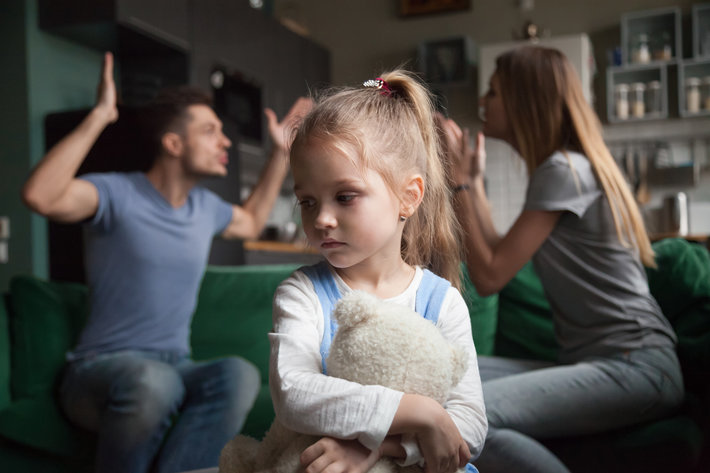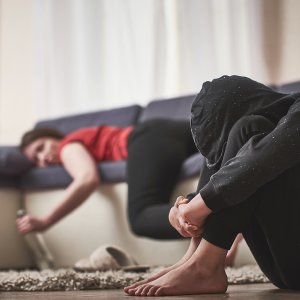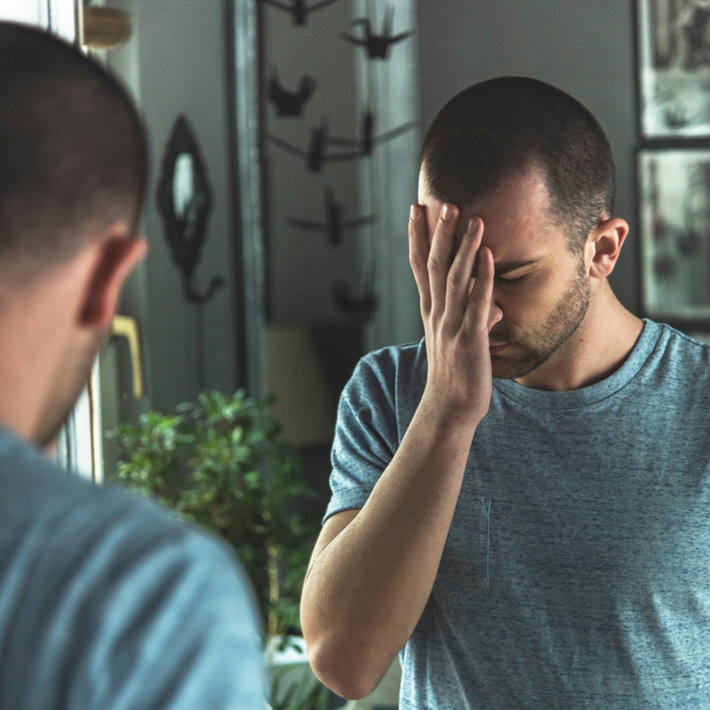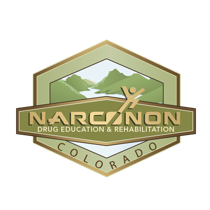How One Person’s Addiction Impacts Their Entire Family

A common lie that addicts tell themselves is that they aren’t hurting anyone else with their addiction. Unfortunately, that couldn’t be farther from the truth. Anyone who cares about someone with an addiction can tell you that it is a heartbreaking experience to go through and that watching someone they love struggle with addiction is one of the most difficult things a person can experience.
The pain that an addict’s situation causes other people is usually not intentional, it is an unfortunate side effect of addiction. Most people genuinely do not want to hurt others but, that said, there are many ways that an addict’s addiction will impact the people who love them.
How Addiction Impacts the Entire Family
Broken trust
Once a person gets caught up in addiction they will have a tendency to lie, cheat and steal in order to maintain their habit. The intention behind this is not to hurt the ones they love but to sustain their addiction. Sadly this will very quickly destroy any sort of trust they have built with other people. The ones who get hurt the most are very often the people who are the closest. Understandably it will take some time and a lot of effort to rebuild the trust that has been lost.
Sleepless nights
Every night, countless mothers, fathers, spouses, and children of addicts lie awake worrying that they might receive that “final phone call”. With the high rates of overdose deaths and the risky lifestyle that goes along with addiction, it is no wonder that it becomes difficult to sleep at night knowing someone you love is out using drugs.
Constant worry
Increased rates of anxiety are common among people who have loved ones with substance abuse problems. Whether it be fear of overdose, incarceration or having your possessions stolen, the possible negative side effects are endless. Because of this, it is normal to be fearful of what each new day might bring.

Increased risk of addiction for children
Studies conducted by the National Institute of Health (NIH) have shown that children who grow up in homes where one or more of the parents have a substance abuse problem are more likely to develop a substance abuse problem themselves later on in life than children who are not in that situation.
It is easy to see all of the ways that addiction impacts an entire family. While many people can quickly become discouraged that things will never get better, there are still some steps a person can take if they have a loved one who is struggling with addiction.
What Family Members Can Do About Addiction
Establish healthy boundaries
While you cannot control other people’s actions, there are steps that you can take to protect yourself as much as possible from the negative effects of another person’s addiction. By establishing and maintaining healthy boundaries with a loved one who has an addiction you are protecting your own well-being.
Communicate your concerns
Sometimes people are in denial about their addiction and do not want to face the consequences of their actions. It is important for families of addicts to communicate with their loved ones about the ways the addiction is impacting their lives. While this may not get the person to stop right away, they will at least begin to understand how their behavior is affecting those they love.
Help but do not enable
This can be an especially difficult one for parents but it is very important to learn the difference between helping and enabling an addict. Sometimes people will think they are helping someone when they are actually unintentionally hurting them by enabling their addiction to continue. Let your loved one know you will do what you can to help them get better but you will not help them to destroy their life.
Reach out for support
There are many resources available for families of addicts. If you are not sure where to start, then the best thing to do would be to call a professional addiction treatment center and ask for guidance. It is also good to know that there is nothing wrong with finding support groups to help you through this process.
Even though you may not be dealing with an addiction first hand, if it is negatively impacting your life it is a good idea to find help for yourself as well.
Further Resources for Families:
- How to Establish Boundaries With an Addict
- How to Talk to Someone Who is in Denial About Their Addiction
- Learning the Difference Between Enabling and Helping an Addict
- Building up the Courage to Confront a Loved One About Their Addiction
Sources:


